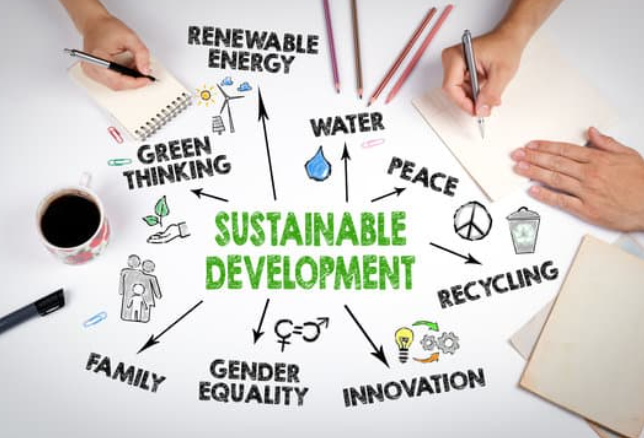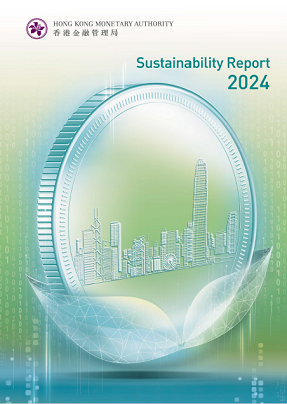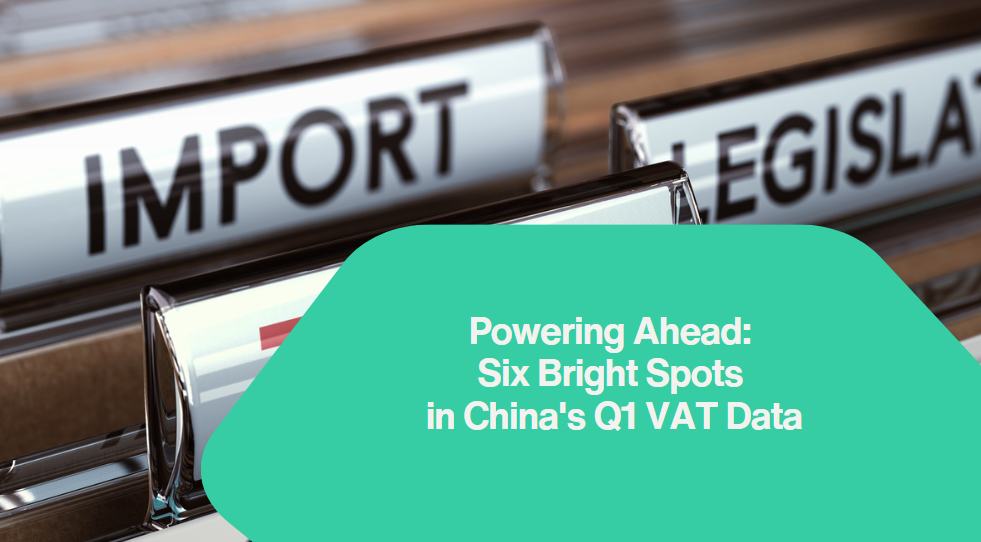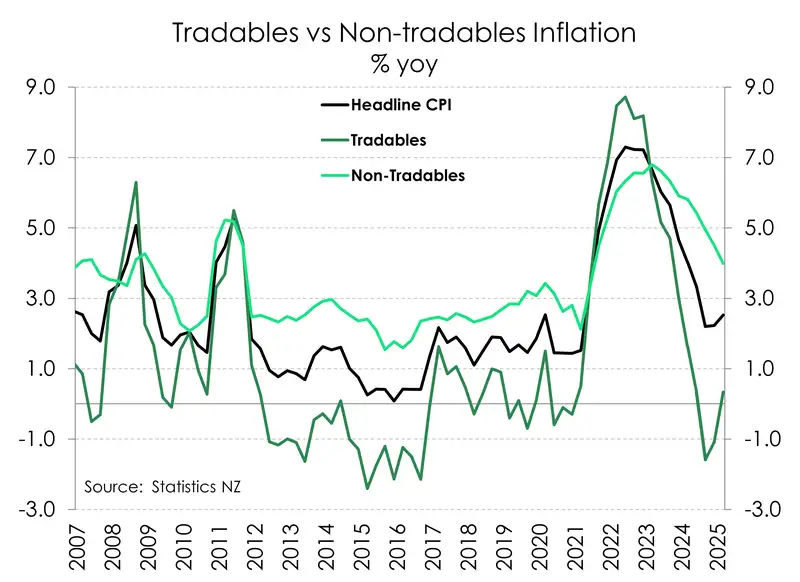Hong Kong's Bold Push for Sustainable Finance: HKMA’s 2024 Agenda Signals a New Chapter
At a time when climate risks loom larger than ever, the Hong Kong Monetary Authority's (HKMA) latest Sustainability Report 2024offers more than a progress update—it signals a strategic shift toward embedding sustainability at the very heart of financial systems.
For international investors, banks, and financial services professionals, the HKMA's roadmap reveals not only the ambitions of Asia's premier financial centre but also outlines emerging opportunities in green finance, transition investment, and climate resilience across the region.
Download Report
Accelerating Transition: The Imperative for Action
Climate change has moved from the margins to the mainstream of financial risk management. 2024 was officially the hottest year on record, with global temperatures surpassing the critical 1.5°C threshold above pre-industrial levels, according to the World Meteorological Organization.
Meanwhile, global greenhouse gas emissions reached new highs, underscoring the urgent need for real action beyond pledges.
Against this backdrop, the HKMA's Sustainable Finance Action Agenda sets an ambitious tone: banking for net zero, investing in a sustainable future, financing transition pathways, and making sustainability more inclusive.
Banking for Net Zero: Strengthening Climate Risk Management
The HKMA has set clear targets for the banking sector:
Achieve net zero in banks' own operations by 2030.
Achieve net zero in financed emissions by 2050.
Enhance climate-related disclosures aligned with ISSB and Basel Pillar 3 standards.
Concrete initiatives include updated supervisory guidelines on transition planning, enhanced climate risk stress testing, and the expansion of the Hong Kong Taxonomy to cover transition activities.
By embedding climate considerations into supervisory frameworks, Hong Kong is reinforcing its reputation as a global leader in climate-related financial regulation—a critical factor for international financial institutions assessing regional hubs.

Investing in a Sustainable Future: Mobilizing Capital for the Green Economy
With over 10% of the Exchange Fund's investment portfolio now classified as sustainable, the HKMA is taking tangible steps toward its 2050 net-zero target.
Strategic partnerships with institutions like the Asian Development Bank and the International Finance Corporation demonstrate a commitment to scaling sustainable investment across Asia.
At the same time, innovative instruments—such as the world's first multi-currency digital green bond—highlight Hong Kong's efforts to marry technology with green finance.
For global asset managers and institutional investors, the HKMA's approach signals an environment where ESG alignment is not merely encouraged but increasingly expected.
Financing Net Zero: Deepening the Capital Markets
Hong Kong's ambitions as the regional hub for sustainable finance are becoming reality. In 2024:
Hong Kong arranged 45% of Asia's international green and sustainable bond issuance, totalling US$43.1 billion.
Mainland provinces such as Guangdong and Hainan issued offshore green bonds in Hong Kong, strengthening cross-border capital flows.
The expanded Green and Sustainable Finance Grant Scheme, now covering transition bonds and loans, further incentivizes issuers to tap Hong Kong's platforms for sustainable financing.
By positioning itself as the conduit for Asia's green capital, Hong Kong is broadening opportunities for foreign underwriters, advisors, and investors focused on ESG assets.
Making Sustainability Inclusive: Expanding Access and Building Talent
Transitioning to a green economy is not just about capital flows—it requires an inclusive ecosystem.
The HKMA's efforts include:
Simplifying sustainability disclosures with user-friendly templates for SMEs.
Launching the Enhanced Competency Framework on Green and Sustainable Financeto train banking professionals.
Promoting capacity building through partnerships like the Alliance for Green Commercial Banks.
These initiatives signal fertile ground for foreign consultants, educators, and fintech companies specializing in ESG reporting and sustainable finance training.
Resilience through Research: Climate Risk Stress Testing and Fintech Innovation
Climate risk stress testing remains a cornerstone of the HKMA's work. Its 2024 sector-wide exercise, covering 46 major banks, showed enhanced resilience under severe climate-related shock scenarios.
In parallel, the launch of the Physical Risk Assessment Platformand promotion of green fintech solutions demonstrate Hong Kong's commitment to using technology to close data gaps in climate risk management.
For global green fintech firms, this offers a powerful signal: Hong Kong is investing in infrastructure that could support scalable, cross-border ESG data solutions.
Responsible Investment: From Risk Management to Impact
As a major global asset owner, the HKMA has evolved from ESG risk mitigation to active transition finance.
Highlights include:
Integrating climate transition considerations across asset classes.
Prioritizing investments supporting Asia's decarbonization.
Committing to a 67% reduction in weighted average carbon intensity of public equity holdings by 2030.
For sustainable fund managers, insurers, and impact investors, the HKMA's disciplined approach offers validation—and partnership opportunities—in building credible transition portfolios.
Global Collaboration: Hong Kong's Expanding Influence
Hong Kong's sustainability ambitions are deeply linked to global efforts. The HKMA actively contributes to:
The NGFS Steering Committeeon greening the financial system.
The Basel Committeeon climate-related financial risks.
The Financial Stability Boardwork on climate vulnerabilities and transition planning.
At a time when regulatory fragmentation risks derailing coordinated climate action, Hong Kong's leadership in aligning local standards with global frameworks strengthens its appeal to multinational financial institutions.






















































First, please LoginComment After ~